Egg-based delivery may improve young animal health & nutrition, say researchers
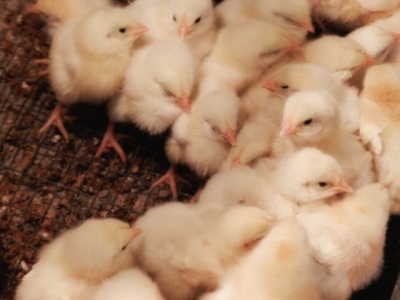
An egg-based antibiotic-free additive may prevent coccidiosis and boost the health of young chickens and calves, says a group of researchers at the University of Wisconsin-Madison.
The additive offers antibodies that bind to specific Interleukin-10 (Il-10) peptides and comes in the form of a dried egg supplement to be mixed with the feed of young animals, said Mark Cook, professor of animal science at the University of Wisconsin-Madison. IL-10 is an anti-inflammatory cytokine that helps the immune system regulate inflammation.
But some diseases, like coccidia, trigger an increase in IL-10 to evade an immune system response, he said in a report. He added that the pathogens appear to have the ability to turn off the immune system.
Neutralizing IL-10 allows the immune system to respond and reduces the negative effects of the disease, he said. And added, “We have hypotheses, but we don’t fully understand how the thing is working.”
The supplement has been tested with newly hatched chickens and pre-weaned dairy or beef calves, and it has demonstrated the ability to protect chickens from coccidiosis and prevent it, along with some respiratory ailments, in calves.
“This is not a drug, it’s not a chemical, it’s a natural process that the hen does - we’re just asking her to make one more antibody,” Cook told FeedNavigator. “We’ll be able to maybe create a new era instead of targeting the bacteria, we could help the immune system do what it does best.”
The supplement’s properties were discovered accidently when Cook and researcher Jordan Sand were trying to infect chickens to create a model of inflammation, he added.
Additive details and research
Research using the supplement has looked at the effect on young chickens, pre-weaned dairy calves and beef cattle, said Cook. In chickens, it has been used in the first 30 days post hatching and for about 10-15 days pre-weaning. The goal is to supplement the animal’s immune system until it develops responses to diseases.
“It’s not something that you have to feed the entire period, once the immune system kicks in then everything should be fine,” he said.
In one study looking at bird development when challenged with coccidia, 400 chicks were spilt using a 2x2 factorial design and fed either the anti-IL-10 additive or a control antibody, reported study details. On day three, the chicks were challenged with either saline or a 10x attenuated coccidia vaccine. The birds’ weights were monitored and measured at one week and 18 days post challenge.
The control birds that were given the disease lost about 10% of their bodyweight compared to control birds that weren’t infected, stated study details. Control group birds had an ending weight, day 18 post challenge, of 611g, while infected birds that received the supplement had a weight of 659g.
Birds that received the supplement and weren’t challenged had a bodyweight of 633g and the control group of birds that did not receive the supplement or the disease had a final weight of 670g.
The product doesn’t produce much growth suppression, said Cook. In trials, the animals receiving the supplement preformed at rates similar to those of the non-infected and outperformed animals who had the disease and no treatment.
Antibiotic replacement
“As far as I know, this is the only thing that’s every completely replaced it (antibiotics),” Cook said. “This could be some game changer (because) we’re just using eggs.”
With the anti-IL-10 additive, the antibodies are passed to the egg when the hen is vaccinated, he said. The boosted eggs are dried and used to create the antibiotic-free supplement. Animals who receive the supplement gain protection against diseases like coccidiosis. The disease is a widespread one for poultry, can cause weight loss and death and is one of the reasons for using antibiotics in birds as it costs the industry about $1b a year worldwide.
“Every egg you eat has antibodies in it of many different kinds, this is the way that it passes (those) on to the offspring,” he said. “It’s truly a natural way of doing this.”
The widespread use of antibiotics in food producing animals is considered by organizations including the US Center for Disease Control (CDC) to contribute to the creation of antibiotic-resistance bacteria. The organization’s 2013 report Antibiotic Resistance Threats in the United States, documented the issue at that time in the US and offered some plans for stewardship moving forward.
Those plans included phasing out the use of antibiotic growth promoters in animal production and tracking patterns of resistance. The US Food and Drug Administration (FDA) supports a voluntary approach to limiting the indiscriminate use of antibiotics in feed.
In December 2013, it began implementing a plan to phase out the use of medically important antimicrobials in livestock by 2017, by then, it said, antibiotics will only be given to farm animals for therapeutic treatment, and, at the direction of a veterinarian.
In June last year, the FDA said all 26 drug manufacturers were fully engaged with this strategy.
Future work
The team has been awarded a patent for their work that includes several of their research trials, and is in the process of publishing the results of different studies using the additive, said Cook. Information on their research was recently presented at the Poultry Science Association meeting in Kentucky.
However, additional research is needed to better understand the mechanism that causes the supplement to support health, he said. More trials also will be necessary looking at use of the additive for dairy calves and beef cattle and at other diseases that work in ways similar to coccidiosis.
Eventually work will be done to make versions of the supplement publically available for use, he added.
Related news
Tools

Phối trộn thức ăn chăn nuôi

Pha dung dịch thủy canh

Định mức cho tôm ăn

Phối trộn phân bón NPK

Xác định tỷ lệ tôm sống

Chuyển đổi đơn vị phân bón

Xác định công suất sục khí

Chuyển đổi đơn vị tôm

Tính diện tích nhà kính

Tính thể tích ao

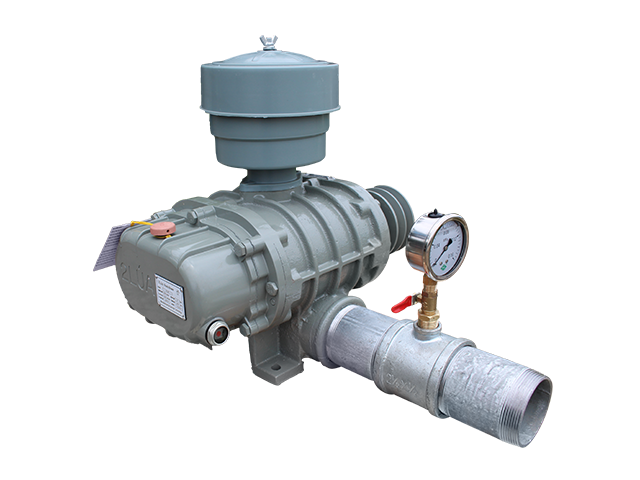

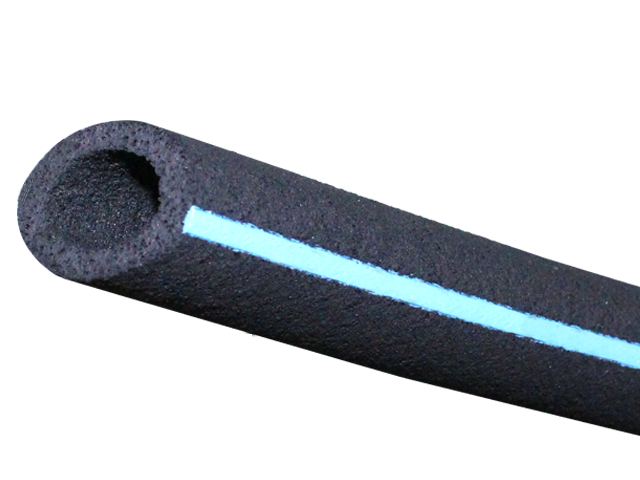
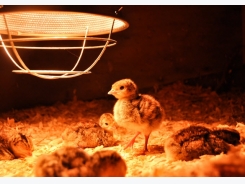
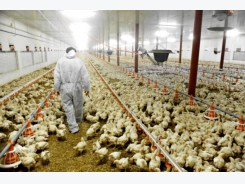
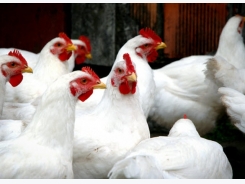
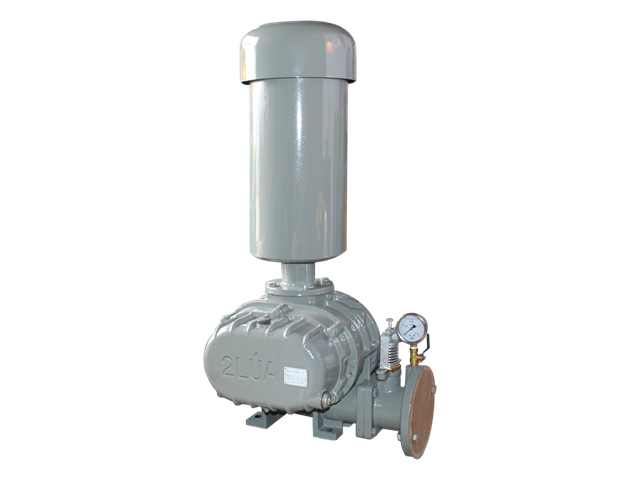
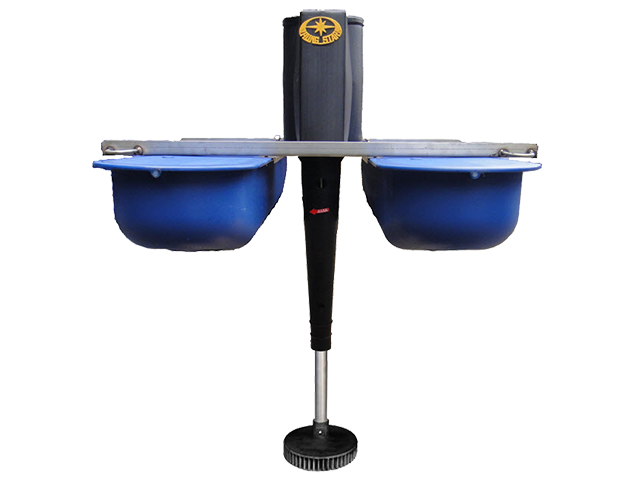
 Phytase supplements may improve eggs…
Phytase supplements may improve eggs…  Enzyme package may boost value…
Enzyme package may boost value…